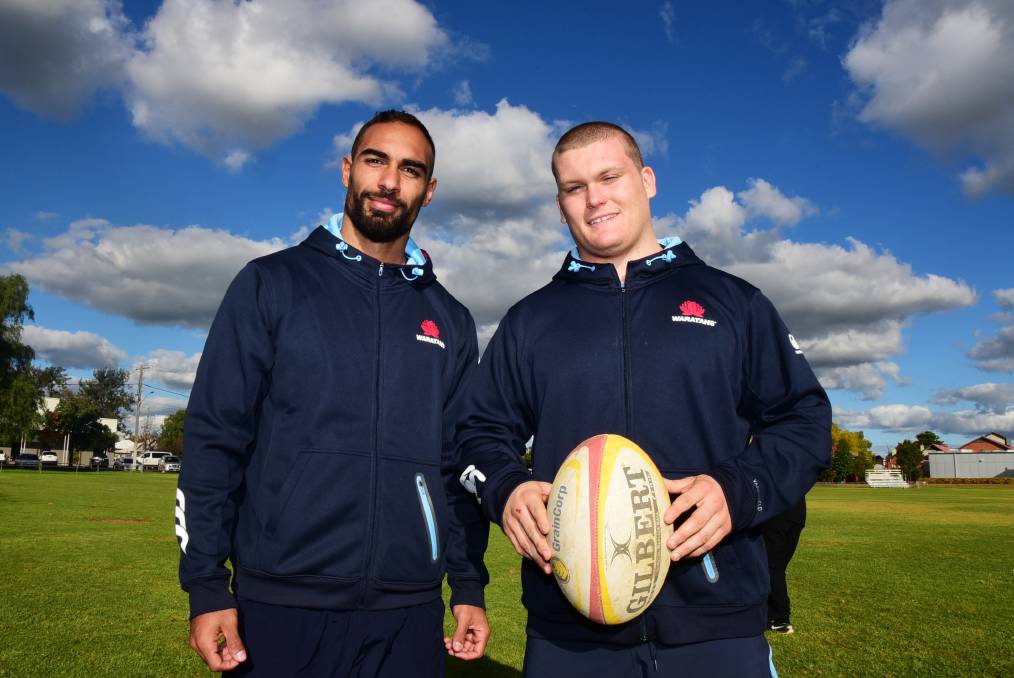Rugby is a full-time profession for talented athletes who are professional rugby players. They compete for local, foreign, and national sporting clubs. If you possess the necessary physical attributes, discipline, and rugby talent, keep reading to find out how to become a rugby player professionally.
How to become a rugby player professionally
Important abilities and skills
The following competencies are necessary for become a rugby player professionally to possess:
- Interpersonal and communication abilities that are good
- Dedication and commitment
- A high level of physical preparedness and endurance to withstand the rigors of the game
- Willingness to heed coaching and training recommendations
- The capacity to collaborate with others without being selfish
- Discipline to adhere to all team and game regulations.
Entry prerequisites
To play rugby, you don’t need any academic degrees. Your starting point will be your talent, skills, and abilities.
Prior to joining talent programs or rugby academies, which are run by rugby clubs, the majority of rugby players begin their careers by competing for their schools. They eventually graduate and land jobs with the clubs. They are now rugby players in the professional league.
It is best to begin playing while you are young. Join your school’s rugby team as soon as you decide that it is your preferred sport. This enables you to pick up the guidelines and hone your abilities as you get older.
While experience is not necessary to become a rugby player professionally, it may be a factor in your ability to be chosen for the national squad.

Work environment
Regardless of the weather, professional rugby players train extensively both indoors and outdoors on the field. They primarily play games on the weekends and in the nights.
Rugby players travel extensively to compete in events like the world cup and the HSBC Sevens World Series. As a result, kids might be separated from their families for extended periods of time.
Rugby’s aggressive and hazardous tackles are its trademark. Players in training should be ready for rough contact with teammates and rivals, which can lead to injuries.
Training and development for National teams
To stay in shape and advance your playing abilities, you must continue your training. You could become an expert in a specific field. For instance, if you are good at sprinting, you might be a specialist winger.
You can seek the NVQ Level 3 in Achieving Excellence in Sports Performance qualification if you want to demonstrate your actual sporting prowess. The course addresses subjects like:
- Teamwork
- Safety and health
- occupations and careers
- Self-management
In additional, the scouted players will adhere to a rigid training schedule after they are hired, including preseason training, to make sure they are up to the standards of their new club. The length of time it may take a potential player to transition from the bench to the field varies greatly depending on the coaches’ judgment and the strength of the present squad in particular positions.
A complete squad in rugby union consists of 22 players, with seven acting as substitutes. Being on the bench is not a bad thing; in fact, effective replacements can have a significant impact on the outcome of a game. Coaches must carefully consider this when choosing the players who will start the game because adding a new set of legs throughout the match can significantly alter the squad dynamics and game tactics.
Three Golden Rules for how to become a rugby player professionally
If aspiring rugby players are serious about making the transition from amateur to professional, they must keep these three things in mind:
1. Diet
This is a crucial factor to take into account for any athlete aspiring to play professionally, and rugby players are not an exception. Athletes need to eat to recuperate from workouts and games as well as to maintain and strengthen their muscles. Since protein serves as the foundation for this maintenance and development, a daily protein target of 2.5 to 3 grams per kilogram of body weight is advised.

Complex carbohydrates before training, high-fiber meals, and unprocessed carbohydrates are essential to aid in the absorption of sugar into the blood and prevent fat gain because rugby continually calls for explosive power and strength. Of course, staying hydrated is crucial and frequently ignored. In fact, the players’ diet would not be complete without water. In reality, dehydration greatly increases the chance of injury while also reducing strength and speed by 10% and 8%, respectively. Building wholesome, long-lasting habits in the kitchen will help athletes get the outcomes they need to become a rugby player professionals.
2. Fitness and training

Rugby players constantly engage in physical combat on the field, putting their bodies under a lot of pressure from high-impact tackles. Rugby players must be exceptionally physically fit to handle the severe demands of the sport; as a result, training and fitness regimens must emphasize traits like speed, mobility, flexibility, agility, power, and strength as well as both aerobic and anaerobic fitness.
3. Enhance your skills and abilities
Players may adhere to stringent diets and training schedules, but without a clear focus on the necessary skills, these measures are rendered useless. To excel at rugby, one must master all talents, whether they be learning new ones or honing old ones. Among the most crucial factors to take into account are passing strategies like pop and spin passes, running strategies like multi-direction and acceleration, tackling choices, and of course effective team communication. Make sure you master these skills and techniques if you want to play rugby. You’ll undoubtedly be heading in the right direction!
To sum up
You now have all the information you need to succeed in the illustrious game of rugby. Everyone starts somewhere, whether it’s discovering a passion at a young age or getting involved later in life. However, only the most dedicated people genuinely succeed because how to become a rugby player professionally requires a lot of thought and balance—it is by no means an easy task!
Please read: http://rugbyqa.com/rugby-insurance-agency-why-do-you-need-rugby-insurance/

